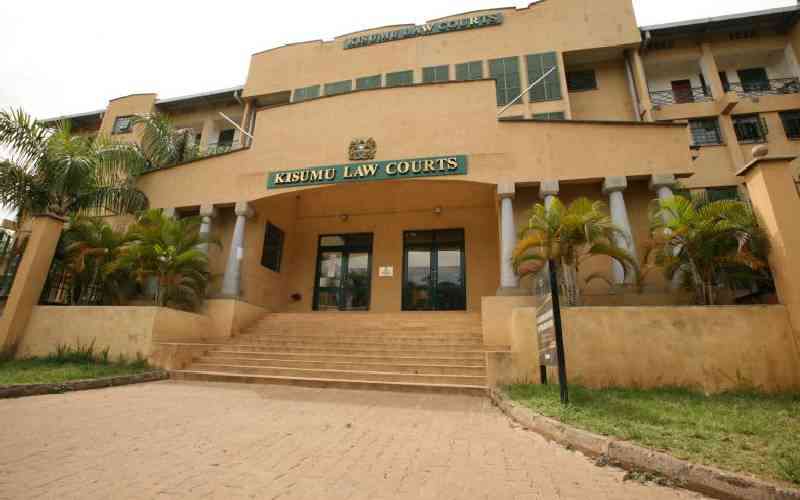×
The Standard e-Paper
Home To Bold Columnists

A protracted land dispute spanning over 66 years is bound to stay longer within the corridors of justice after the Court of Appeal sent the case back to the High Court for a full trial.
It is a dispute that pre-dates post-colonial Kenya and has been on and off different courts since 1957.